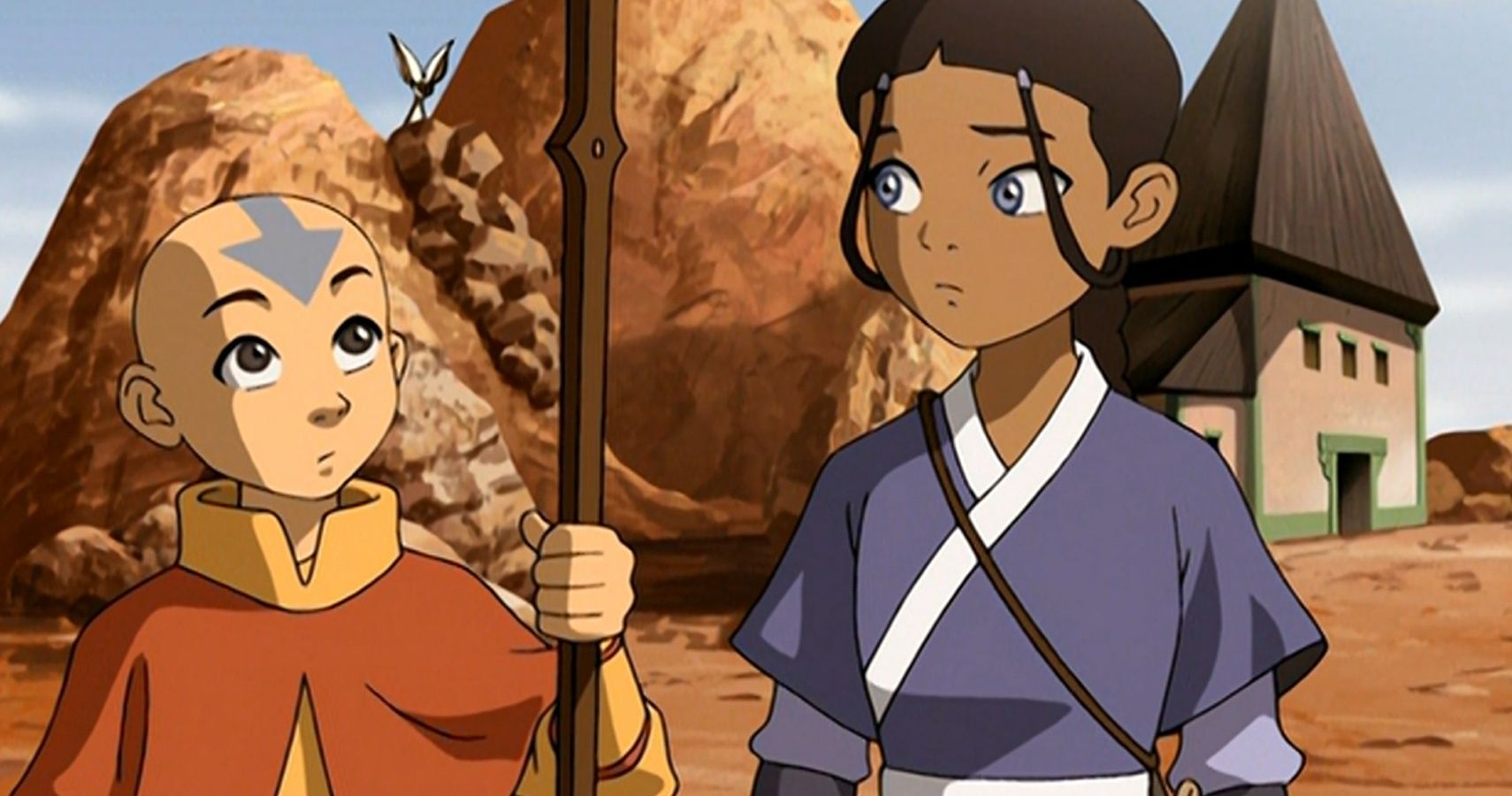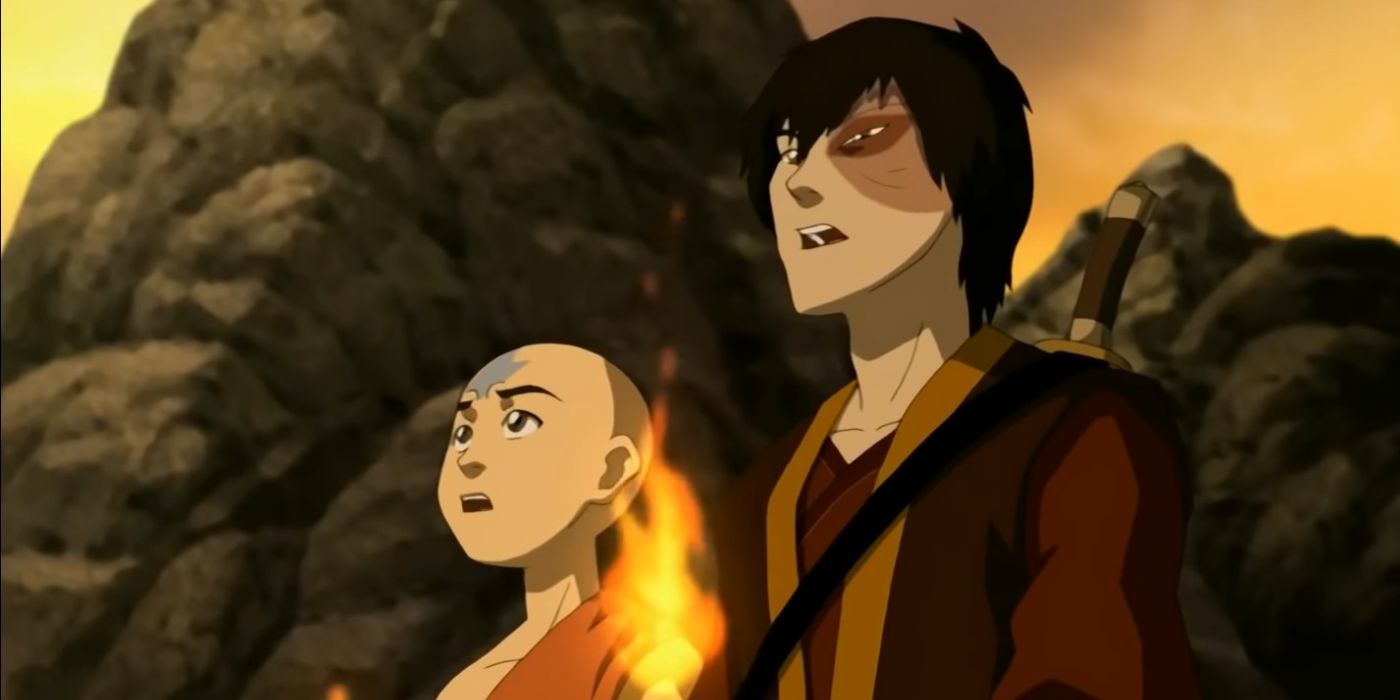Even the Creators of Avatar: The Last Airbender Admitted a Season 1 Episode Crossed the Line
The often bickering and warring factions of a superior fandom like that of Avatar: The Last Airbender seldom agree on a topic. They have different opinions on what makes the show great, what makes it relevant today, and even on storylines that could have done better in hindsight. However, the one topic that unites all factions of the fandom is that of an episode that sticks out like a sore thumb in the entire legacy of the animated show.
The Great Divide is Undoubtedly the Worst Episode

In a show as massively popular and amazing as Avatar: The Last Airbender, not all episodes can be flawless. Some plots are added to further the story or maybe even drop an easter egg or two that can be referenced later on. The Great Divide episode from the first season of the Nickelodeon animated series is said to be a filler episode that breaks the trajectory of the show toward utter greatness.
Most of the fandom agree that the episode strays away from the essence of the show and even the characters seem out of balance in that storyline. Season 1 Episode 11 of the show follows Aang, Sokka, and Katara as they attempt to pass a treacherous canyon without Appa’s help. The problem lying in wait for them is the warring tribes that quarrel incessantly. The reason behind the episode having the lowest rating of the show and being disliked is the mindless argument in this episode.

Not only do the tribes verbalize their hatred for each other in a way that assumes the audience is stupid, but even the siblings Katara and Sokka join in and forget all the character development they have experienced so far. What’s more, Aang, who is supposed to be an idol for the kids who primarily watch the show, lied to resolve the conflict of the tribe. It sent a message to the kids that they can lie to get out of tricky situations which is never ideal.
Even the makers of the show Michael Dante DiMartino and Bryan Konietzko admitted on the Avatar: Braving the Elements podcast that The Great Divide did not turn out as planned and instead became a disappointment to the fans of the show. The lack of Appa and any plot point that furthers the story are also reasons behind the episode’s worse rating. The episode would have been redeemed even if the side characters were funny or interesting, but they too join in the madness and make The Great Divide an unbearable episode out of the otherwise wonderful series.
A Theory Posits Deeper Meaning to The Great Divide

The most satisfying aspect of Avatar: The Last Airbender is how it resolves the story in the end when Aang restores peace to the realm. On a closer inspection, we might find some deeper meaning in the otherwise flawed episode The Great Divide. With clever foreshadowing, the episode eventually depicts that no tribe is inherently evil, only a few people from the segment hold distorted views of the world. This is seen in the climax of the show when we understand the Fire Nation is not at fault, but the people who further their evil plans are to blame.
Moreover, even though Aang lies to resolve the immediate conflict, we see a more nuanced truth behind the story in Season 3 of the show. Aang and Zuko learn the reason behind the century-long war and what makes people stand on opposite sides of the world. Only then do they realize that even they are not as different as they have believed so far. The Great Divide might be a filler episode with no substantial story, but it does add to the overarching plot with such intricate details.





